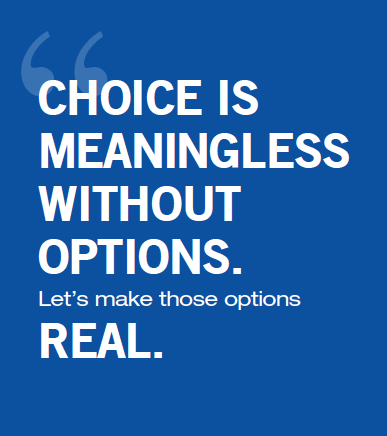Mia's Space: Seeing With Your Own Eyes
 Recently, a column by Frank Bruni in The New York Times described the Anderson Monarchs, the little league team out of South Philadelphia with the ace pitcher, Mo’Ne Davis, who pitched a shut-out in the Little League World Series last summer, focusing national attention on her, her team and their coach, Steve Bandura.
Recently, a column by Frank Bruni in The New York Times described the Anderson Monarchs, the little league team out of South Philadelphia with the ace pitcher, Mo’Ne Davis, who pitched a shut-out in the Little League World Series last summer, focusing national attention on her, her team and their coach, Steve Bandura.
The coach devised a tour to ground his team in baseball and civil rights history. This summer, as they play little league teams around the country, they’ll visit the site of the 16th Street Baptist Church bombing in Birmingham and the bridge in Selma, AL; Little Rock Central High School in Little Rock, AR; and Medgar Evers’ home in Jackson, MS.
They’ll read historical accounts, view documentaries and discuss them. In the process they gain perspective on their role as ambassadors of the game and as youth, an obligation to represent opportunity for their futures and the futures of people they will meet along this journey.
Of the story of the four little girls in Birmingham, Davis says, “You never know what they could have done.” And, Bruni goes on to write, “That’s not just true of children who don’t get to grow up. It applies to millions more ... who are denied a real chance, maybe because there’s no one to guide them, maybe because no one ever spots and heralds their gifts.” Sound familiar?
This summer marks the 25th anniversary of the Americans with Disabilities Act and the 16th anniversary of the Olmstead decision. Across the country individuals with disabilities and their communities organized road trips not unlike that of the Anderson Monarchs.
One such event occurs in Georgia each year, the Long Road Home, organized by People First and supported by a coalition of advocates in the State. Both road trips looked back into the struggles and accomplishments of the movements that got us to this point in time and both sought to raise awareness of the work still to be done.
Something Davis was quoted as saying came down to an individual level for me. She said, “You’ve got the see the world. You have to see it with your own eyes.”
Against the struggles described by providers and the angst expressed by families on the challenge of making home and community-based settings more integrated, this statement is clear and simple. People need to see their options in order to make choices.
In each transition Mia has experienced, I, or others in her circle, took her to see her options. She visited middle schools, high schools, job sites, homes and even churches. In some cases, she was very adamant in her opinion. In others, I wasn’t sure, but her behavior was a good indication. In reaction to one job site rotation in high school she had stomachaches every Tuesday and Thursday and managed to miss the bus – this from a teen who loved school and never missed a day.
Let’s not skew the choice conversation. The Civil Rights movement and the disabilities movement really come down to this.
People need to see the world with their own eyes, even if that world is the few blocks beyond where they live and work now. Choice is meaningless without options. Let’s make those options real.
Source: Frank Bruni, “Baseball and Black History.” The New York Times, June 14, 2015.
